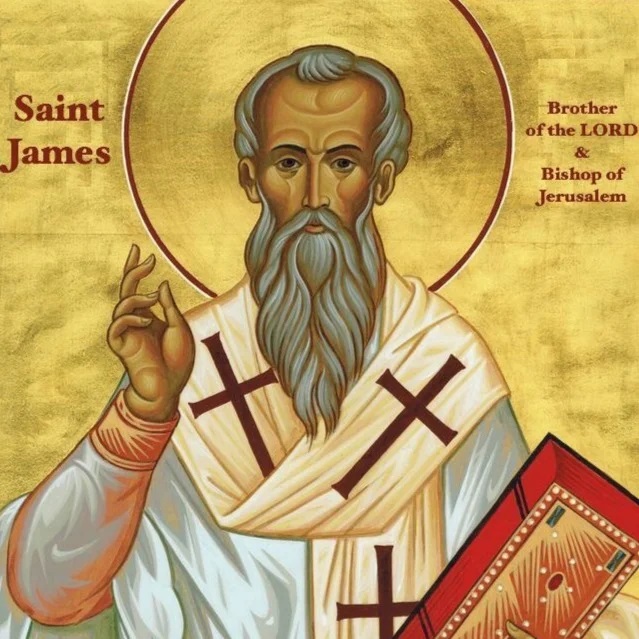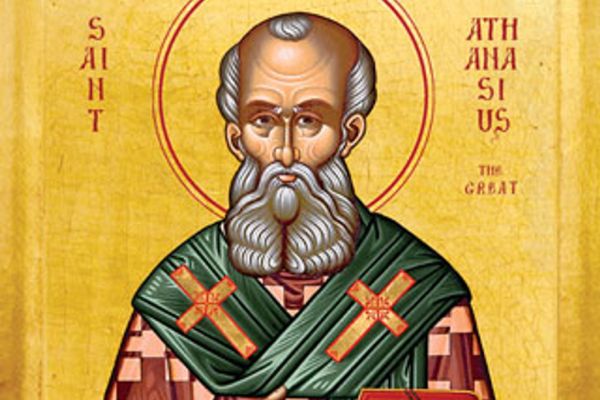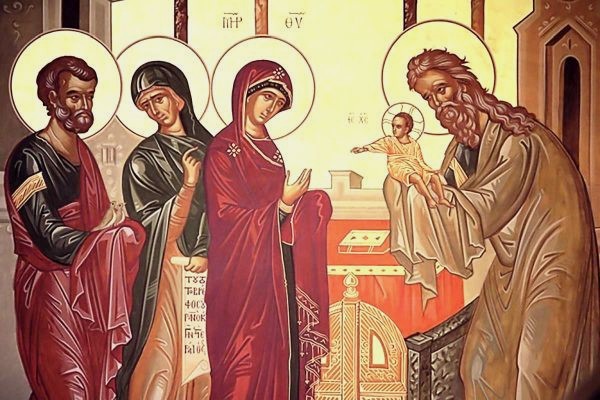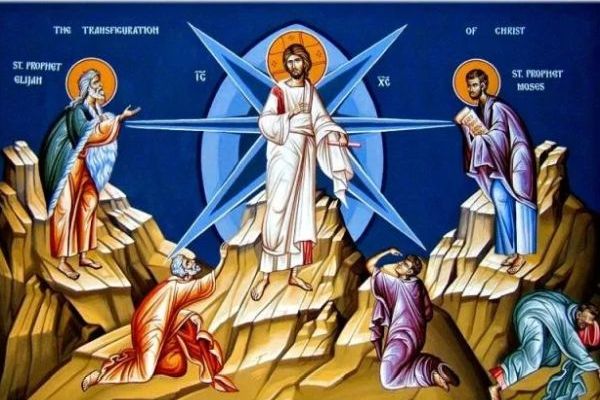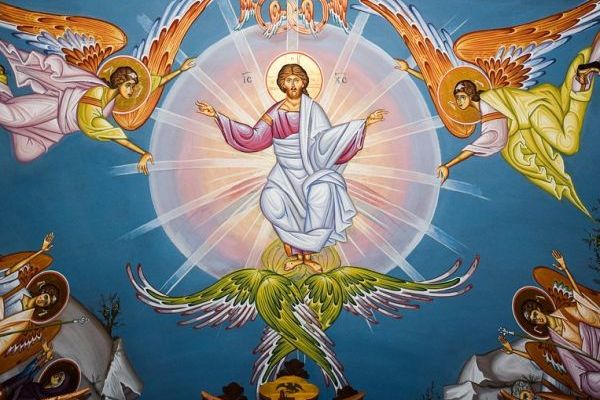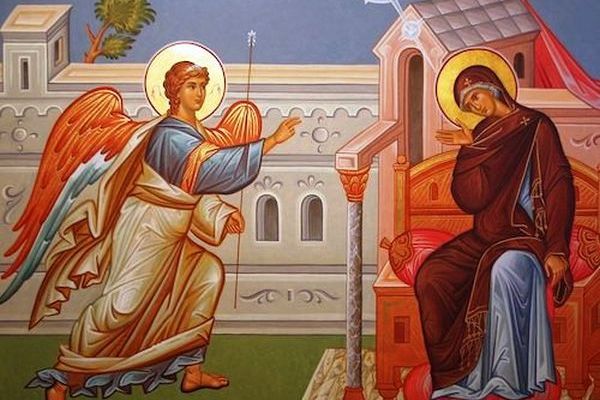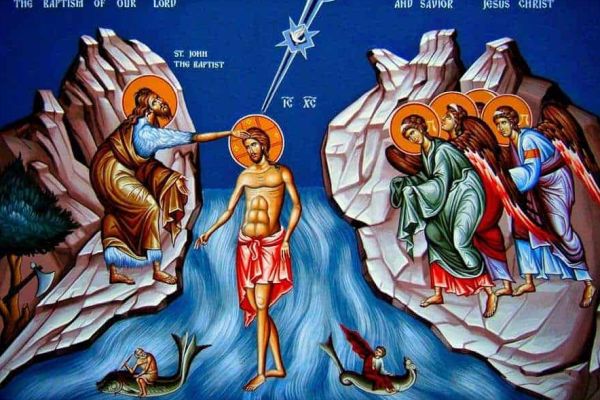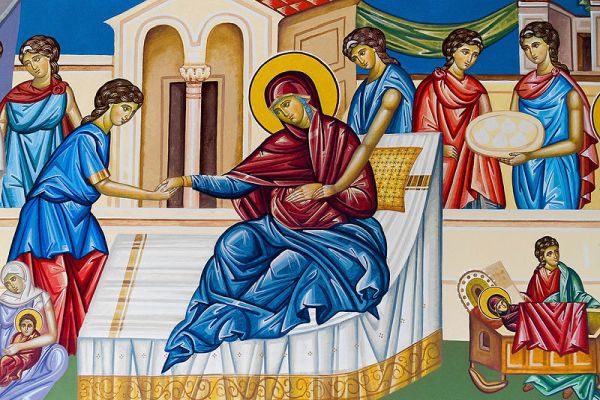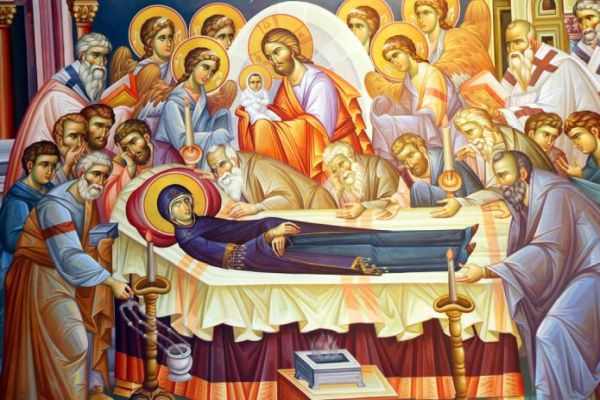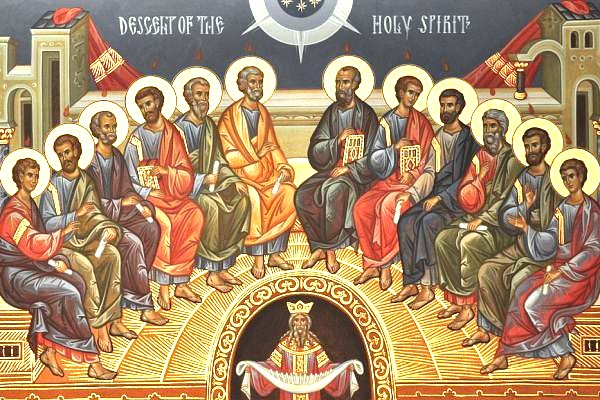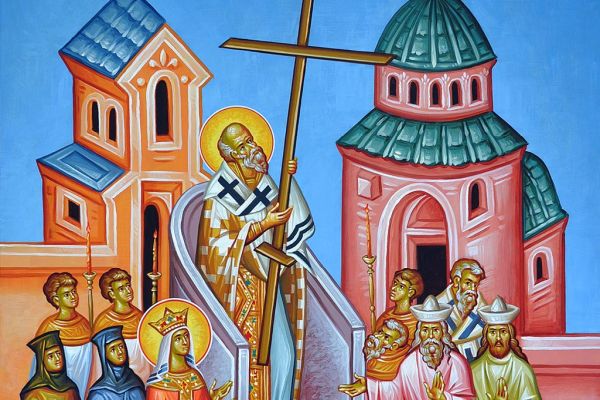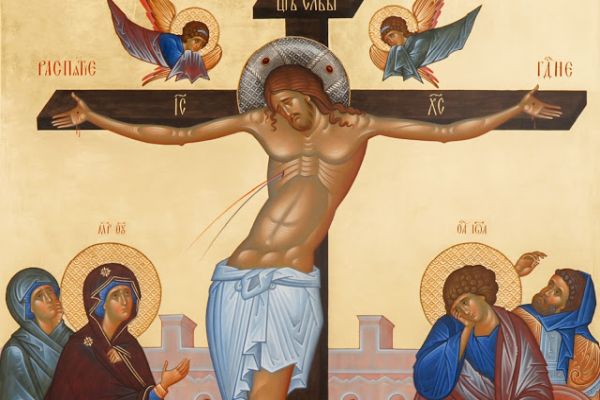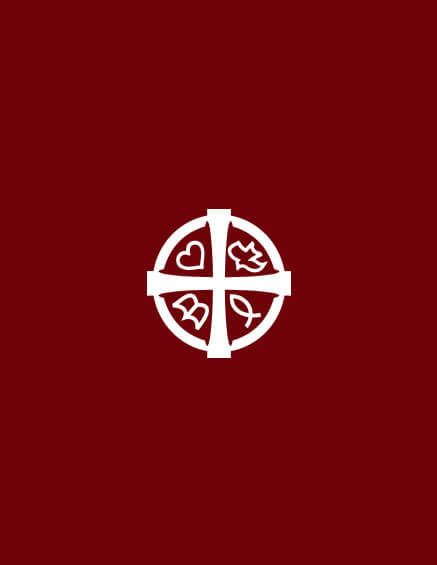The Feast of St. James the Just
On October 23, we celebrate the Feast of St. James the Brother of our Lord. To distinguish between the Apostle James the son of Zebedee, he is sometimes called James the Just or called James Adelphos.1 His official title is James the Brother of Our Lord as well as the first Bishop or Patriarch of Jerusalem. In addition to being the writer of an epistle which is part of the Scriptural canon, he is significant for two major contributions. As the first bishop of Jerusalem, he presided over the first council of the Church.2 Secondly, he is believed to have drafted what would become the first liturgy of the Church in Jerusalem. Even today the Orthodox Churches celebrate the Liturgy that is attributed to him.
Life of St. James
According to the ‘Protoevangelion,’3 St. James was the son of St. Joseph from a marriage prior to his betrothal to Mary. So, St. Mary was the stepmother to St. James and his siblings. We do not know much about his early life but we do know that when he was older, he became an ardent follower of his stepbrother, the Lord Jesus Christ. The tradition of the Church records that he was one of the original Seventy-Two evangelists sent by the Lord to preach the Gospel.
St. Paul tells us that St. James was one of those, who like him, was blessed to have a special visitation of the Risen Lord Jesus.4 Soon after that, he become one of the chief leaders in the Church at Jerusalem,5 and eventually became the main leader or bishop as is evidenced by his definitive judgement at the Jerusalem Council. Later, when St. Paul went to Jerusalem to deliver the money he had raised as part of the famine relief efforts, he met St. James who advised him, being the leader of the Church there, to ritually cleanse himself.6
After that, we do not hear anything more about St. James’ life and ministry from the Scriptures. The traditions of the Church tell us that St. James died as a martyr for the sake of the Church, and this is corroborated in the writings of the Jewish historian Josephus, which record that the Jewish high priest Ananus and his fellow Jews accused St. James of false charges and then executed him by stoning.
The Contributions of St. James
1. The Principal of Synodality – When the issue arose of whether the Gentile Christians needed be circumcised to be part of the Church, it seemed as if this would damage the Church irreparably. So, the leaders of the Church gathered from Antioch and Jerusalem to discuss a solution. Being the Bishop of Jerusalem, St. James presided over the council, and after hearing the considerations from all sides, he rendered the historic verdict that freed the Gentile Christians from being burdened by the Jewish rites of circumcision. This was unanimously accepted by all gathered at what would be later called the Jerusalem Council. Since then, the Church has always solved her issues in the same manner, through the gathering of her bishops in Synods and Councils. The formula for these synods is still the words formulated by St. James, “It seemed good to the Holy Spirit and us.”7 This is the belief of the Church even today, that the Holy Spirit always speaks through the Bishops and leaders of the Church whenever they gather together.
2. Liturgy & Church Order – Being the leader of a Church that was still formulating her dogmas and patterns of worship was a very challenging role. To forsake the familiarity of the old Jewish patterns and form a new worship order according to the understanding that Christ is the fulfillment of the Israelite religion was no easy task. But St. James rose to the challenge and, along with the other leaders of the Church, developed the earliest Christian liturgy, which served as the prototype of all other liturgies that were later developed. The St. James Liturgy is still used in many Orthodox Churches today.
3. Willingness to suffer – St. James stayed in Jerusalem to lead the Church at a time when intense persecution caused several Christians to flee to other places. It was a very difficult and perilous situation, but he stayed on and continued building the Church, giving leadership to the new Christians and Jewish converts in the holy city. In his Epistle, he tells his readers that they should also be willing to suffer and take hardships as a joyful opportunity because these have been permitted by God to assist in our salvation, i.e., to perfect our faith. So, the Feast Day of St. James is another opportunity for us to commit ourselves to be willing to embrace suffering.
4. The Importance of Church Leadership – The Lord Jesus promised that He would never leave nor forsake His Church. He is still with us today in the Church, in the blessed Eucharist, and especially in the form of His bishops and priests. St. James is an example of a leader who was filled with the Spirit of Christ to lead the Church in accordance with the will of God. Even today, that is how God leads His Church – through men who are willing to give up everything for His sake, through Shepherds who will love their sheep and give their lives for them just as the Good Shepherd did, and leaders who are sensitive to the guidance of the Holy Spirit. Let us continue to ask the prayers of St. James for all the hierarchs and priests who sacrificially serve the Holy Church.
1 It is Greek for ‘brother.’ He is sometimes also called James the Lesser.
2 Acts 15:13.
3 It is a second-century document that is attributed to St. James.
4 1 Corinthians 15:7.
5 Galatians 2:9 mentions St. James along with St. Peter and St. John as the chief pillars of the Apostolic Church. Moreover, when St. Peter miraculously escaped from prison and had to flee Jerusalem, he asks that St. James be informed first (Acts 12:17). Since St. James the Son of Zebedee was martyred by this time (Acts 12:2), we know these are clear references to St. James the Just.
6 Acts 21:18.
7 Acts 15:28.
